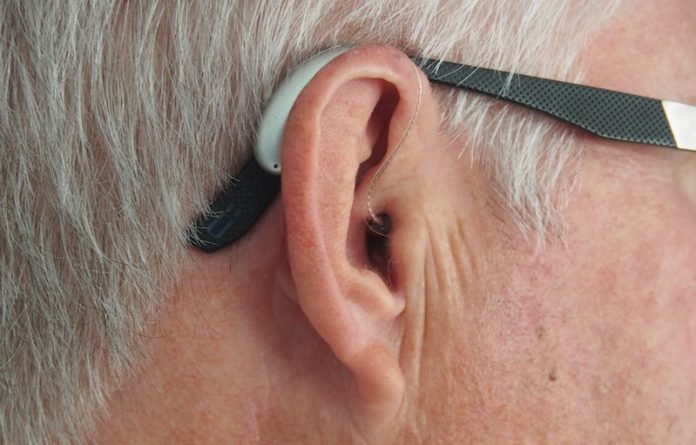
Hearing loss is a common problem in older people.
Hearing loss is a common problem caused by noise, aging, disease, and heredity. People with hearing loss may find it hard to have conversations with friends and family.
They may also have trouble understanding a doctor’s advice, responding to warnings, and hearing doorbells and alarms.
In a study from Macquarie University, scientists found an association between the impact of hearing loss on cognitive abilities and increased risk for dementia.
International studies estimate that people with severe hearing loss are five times more likely to develop dementia.
Addressing midlife hearing loss could prevent up to 9% of new cases of dementia—the highest of any potentially modifiable risk factor.
In the study, the team confirmed significant associations between self-reported hearing loss and cognition, as well as increased risk for mild cognitive impairment or dementia.
The research used data from 1037 Australian men and women aged 70-90 years enrolled from 2005-2017.
The team found people who reported moderate-to-severe hearing difficulties had poorer cognitive performances overall, particularly in the domains of Attention/Processing Speed and Visuospatial Ability.
They also had a 1.5 times greater risk for MCI or dementia at the 6 years’ follow-up.
While hearing loss was independently associated with a higher rate of MCI it did not show this in people with dementia.
This likely resulted from the number of people with dementia at six years’ follow-up being too small to demonstrate a strong effect.
The team says the findings provide new hope for a means of reducing the risk of cognitive decline and dementia in individuals with hearing loss.
The presence of hearing loss is an important consideration for neuropsychological case formulation in older adults with cognitive impairment.
Hearing loss may increase cognitive load, resulting in observable cognitive impairment on neuropsychological testing.
The findings contribute to the evidence base providing support for a study looking at the effect of hearing devices on cognitive function.
If you care about dementia, please read studies about how the Mediterranean diet could protect your brain health, and Vitamin B supplements could help reduce dementia risk.
For more information on brain health, please see recent studies about Vitamin D deficiency linked to higher dementia risk, and these antioxidants could help reduce dementia risk.
The study was conducted by Dr. Paul Strutt et al and published in Aging, Neuropsychology and Cognition.
Copyright © 2022 Knowridge Science Report. All rights reserved.



